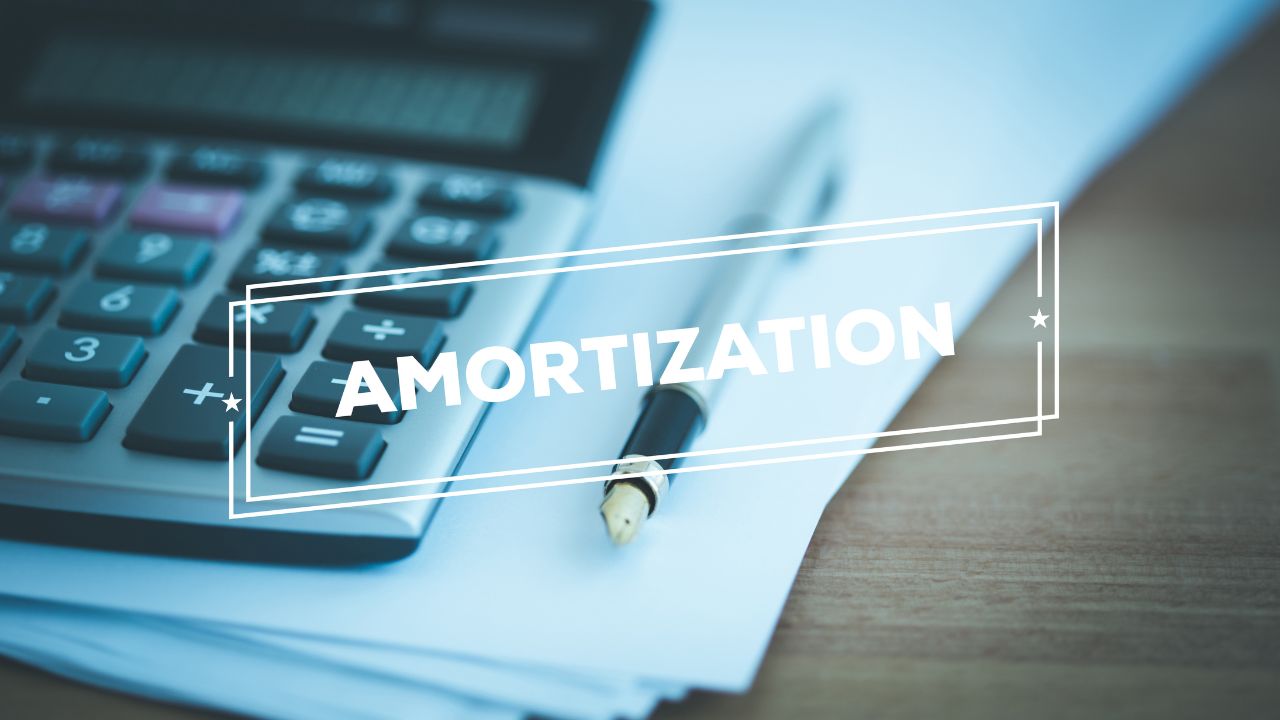 Paying off your mortgage faster is a tempting goal. After all, who doesn’t want to own their home outright sooner and save on interest along the way? One way to do this is by lowering your amortization period, which is the time it takes to repay your mortgage in full. But is it the right move for you?
Paying off your mortgage faster is a tempting goal. After all, who doesn’t want to own their home outright sooner and save on interest along the way? One way to do this is by lowering your amortization period, which is the time it takes to repay your mortgage in full. But is it the right move for you?
What Happens When You Lower Your Amortization?
Lowering your amortization means shortening the repayment period for your mortgage. For example, instead of a 30-year term, you might choose 15 or 20 years. While this strategy can lead to significant savings in interest and help you build equity faster, it also comes with higher monthly payments.
1. Higher Monthly Payments
When you shorten your amortization, your monthly payments will increase because you’re spreading the same loan amount over a shorter period. For example, if your current monthly payment is $1,500 on a 30-year mortgage, a shorter 15-year amortization could increase it to $2,200 or more (depending on the interest rate and loan amount). Before committing to a shorter term, ensure these higher payments fit comfortably into your budget without overextending yourself.
2. Long-Term Interest Savings
The primary benefit of lowering your amortization is reducing the total interest paid over the life of your mortgage. Since you’re paying off the loan faster, the lender has less time to collect interest.
For instance, a 30-year mortgage may cost tens of thousands more in interest compared to a 15-year term. By lowering your amortization, you could save a significant amount of money, which you can redirect toward other financial goals like retirement or investments.
3. The Importance of Flexibility
While paying off your mortgage faster has its perks, it’s essential to consider the impact on your overall financial flexibility. Life can be unpredictable, and unexpected expenses like car repairs, medical bills, or job changes can strain your budget.
With higher monthly payments from a shorter amortization, you might have less room to maneuver during tough times. On the other hand, opting for a longer amortization gives you lower payments and more flexibility. You can always make extra payments to pay down your mortgage faster when it suits your financial situation.
Alternative Option: If flexibility is a priority, stick to a longer amortization and consider making lump-sum payments or increasing your monthly payments when you have extra funds. Many lenders allow these options without penalties, letting you enjoy both flexibility and progress toward mortgage freedom.
How to Decide What’s Best for You
When considering whether to lower your amortization, ask yourself these questions:
-
Can I afford the higher monthly payments comfortably?
-
Do I have a solid emergency fund in place?
-
How important is flexibility in my budget?
-
What are my other financial goals, such as retirement savings or paying off other debt?
If paying off your mortgage faster aligns with your goals and you can handle the higher payments, lowering your amortization could be a smart move. However, if you value financial flexibility or anticipate changes in your income or expenses, a longer term with extra payments might be the better choice.
There’s no one-size-fits-all answer when it comes to mortgage amortization. It’s all about balancing your priorities—speed versus flexibility. If you’re unsure which option is right for you, let’s discuss your unique financial situation and goals. Together, we can determine the best approach to help you achieve mortgage freedom while maintaining a healthy financial balance.

